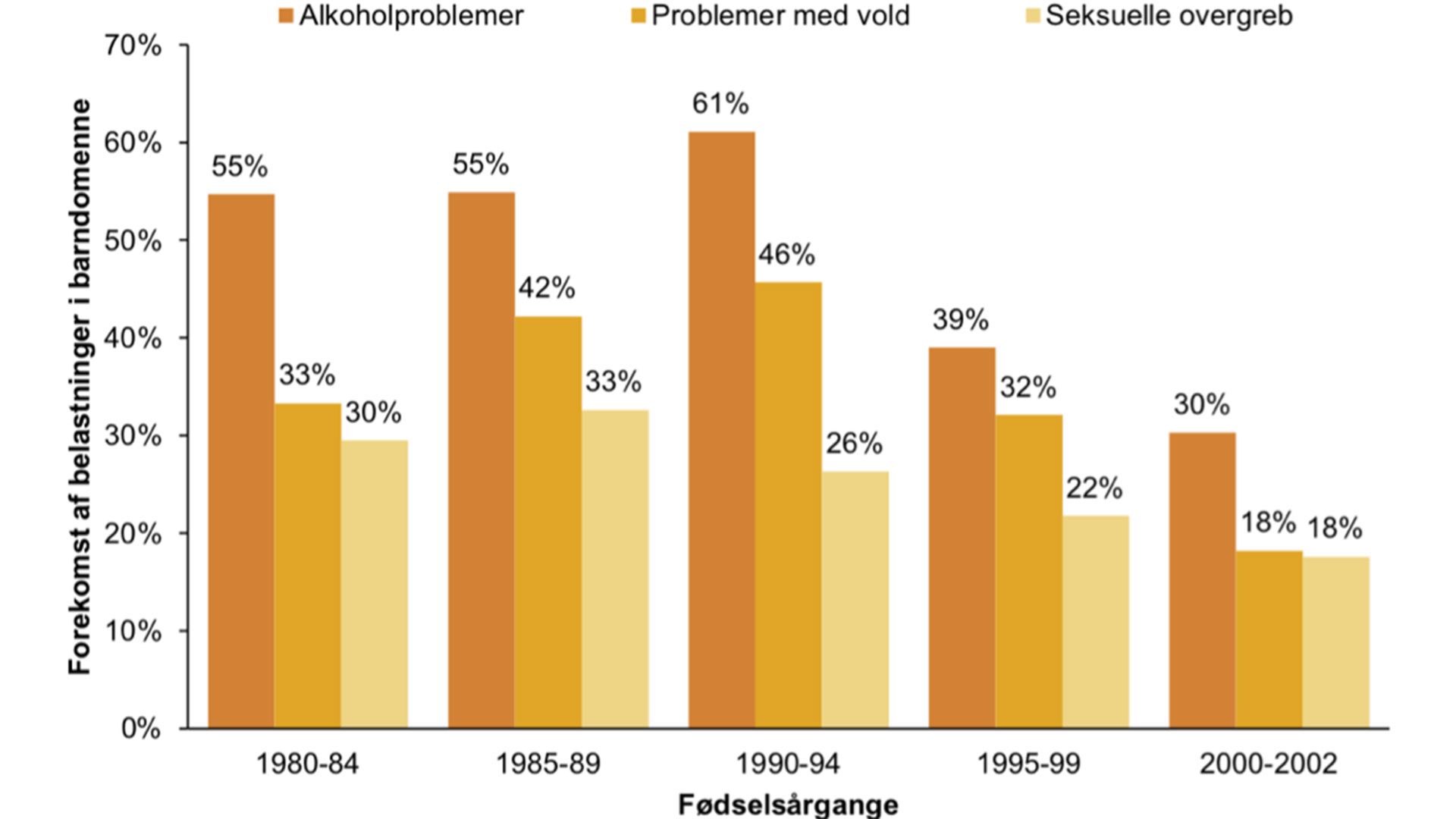More than a third of Greenland’s youth have experienced problems with alcohol, violence, and abuse growing up. Problems that have major consequences for their mental health. But research shows that a strong cultural identity and close relationships with the elderly have a preventive effect.
By Laura Philbert, Polarfronten, September 20 2021
The proportion of Greenlandic youth who have experienced neglect growing up is declining. But despite this positive trend, there is still a large group of young people who have grown up under extremely harsh conditions. More than a third of Greenland’s young people say that they have experienced problems with alcohol, violence, and abuse in the homes where they grew up. And it has serious consequences. Christina Viskum Lytken Larsen, head of the Center for Public Health in Greenland, explains:
“If you look at the importance of the conditions in which you grow up, and the consequences of a stressful upbringing, you can see a much greater risk of experiencing suicidal thoughts or suicide attempts later in life if you grew up with alcohol, violence or abuse in childhood. You are simply in a more vulnerable position.”
Christina Viskum Lytken Larsen has contributed to the report ‘Mental health and health among 15-34-year-olds in Greenland’ which was published in June 2021. In the report, she and a number of researchers have looked more closely at Greenlandic children and young people’s upbringing and mental health, which for the first time has included young people from the age of 15. And as something new, the researchers have chosen to investigate what things can have a positive effect on young people’s mental health.
“If you ask the citizens what makes them happy, they say it’s the place they live, to be in nature, the Greenlandic food, togetherness across generations. And it’s good for mental health. There just hasn’t been a bridge in the past between what makes people happy and the health-promoting work. That’s the bridge we’re building,” says Christina Viskum Lytken Larsen.


